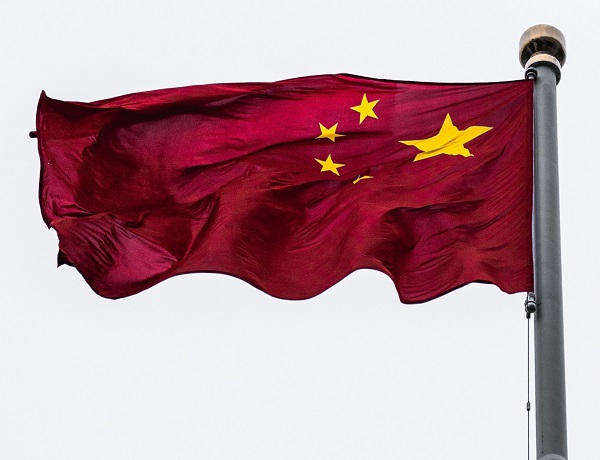Washington, (Asian independent) Global internet freedom declined again in 2022 for the 12th year in a row, with China remaining as the most restricted country for the eighth consecutive year, a study has found, media reports said.
In its latest study, �Freedon on the Net 2022′, US-based advocacy organisation ‘Freedom House’ said Russia, Myanmar, Sudan and Libya received the largest downgrades in terms of internet freedom, RFA reported.
The invasion of Ukraine saw Russia’s rating drop seven points to an all-time low as “Kremlin blocked websites as well as major social media platforms to eliminate other accounts of its �special military operation'”, the report said.
China remains “the worst environment for internet freedom”. Beijing continued to tighten its control over the country’s technology sector and set up new rules that require platforms to use their algorithmic systems to promote the Communist Party’s ideology.
In at least 53 countries, internet users “faced legal repercussions for expressing themselves online, often leading to draconian prison terms”, Freedom House said.
Yet in some 26 countries, internet freedom improved, especially thanks to the efforts of civil societies.
�Freedom on the Net’ is an annual study of internet freedom conducted by Freedom House. This year it covered 70 countries with 89 per cent of the world’s internet users.
China stayed at the bottom of the list, with content related to the 2022 Beijing Olympics and the Covid-19 pandemic being heavily censored during the coverage period, RFA reported.
Censorship of content related to women’s rights against sexual assault and harassment was also tightened.
“Journalists, human rights activists, members of religious and ethnic minority groups, and ordinary users were detained for sharing online content, with some facing harsh prison sentences,” the study said, naming China as “the world’s most repressive online environment”.
Beijing created new policies and rules to strengthen the government’s control over Chinese tech firms. Companies that defy the government’s authority, such as by enabling internet users to bypass the state firewall, face heavy fines or even stronger penalties, RFA reported.
And it is not only in China that has a repressive internet, authorities in 47 countries, or two-thirds of the 70 countries surveyed, “have used their legal and regulatory powers to limit access to foreign information sources, leaving residents in a domestic information space that is effectively shaped by the state”.
The result is an internet that “is more fragmented than ever, preventing billions of people from exercising their human rights online”, said the authors of the study.








